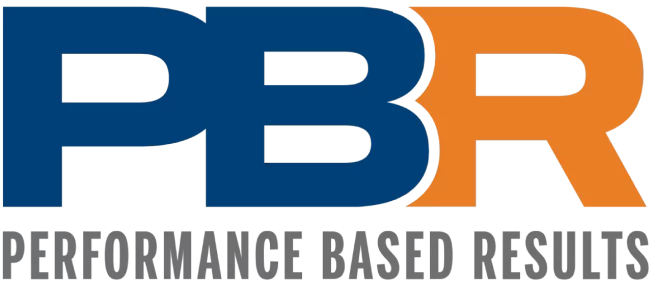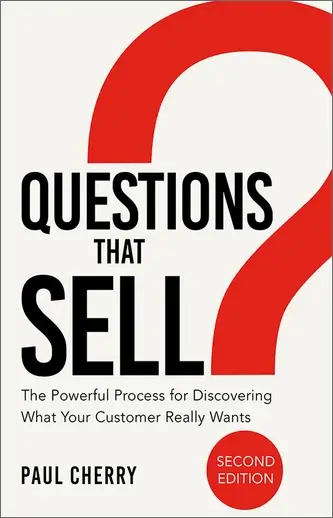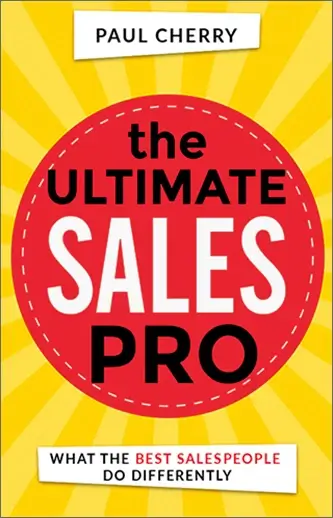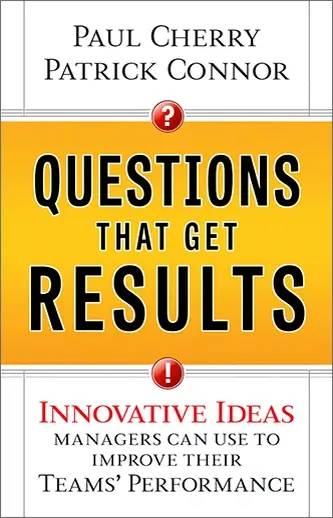As Stephen Covey once said, “Begin with the end in mind.” Make sure you don’t just do things mindlessly; always stop to consider:
- WHY are you doing it? What results are you aiming for?
- WHAT is your purpose in doing it? Make sure your employees get that their assigned tasks aren’t just so much “busy work.”
The key is to make them think in a results-oriented way before they act, so they consider the end results you want them to achieve on the team’s behalf. Help your team members to go beyond saying, “What do you want me to do?”
When our colleague Tess needed an administrative assistant, she hired Kathy, a bright, energetic young woman who’d just graduated with honors from a renowned university with a B.A. in Communications. Tess took it for granted that someone with Kathy’s education would know how to answer the office phones in an informal yet courteous manner. Theirs was a fairly casual office environment, so Tess thought Kathy could handle it. After Tess gave Kathy a quick overview on the office procedures, the phone rang. Kathy scooped up the receiver, plunged her index finger upon the glowing extension button, and barked, “Yeah, talk to me.”
Tess was aghast. After Kathy hung up, Tess managed to stay calm as she made her displeasure known. Kathy looked honestly bewildered. “But that’s what you told me to do. You said to be informal.” That was when Tess realized she needed to educate Kathy about phone courtesy and customer response. Kathy’s brash greeting could result in insulted clients — maybe even ex-clients. Once Tess explained to Kathy that “informal” doesn’t mean “unprofessional,” and showed her how the right phone protocol leaves callers with a more positive image of the company and its employees, things went far more smoothly.






